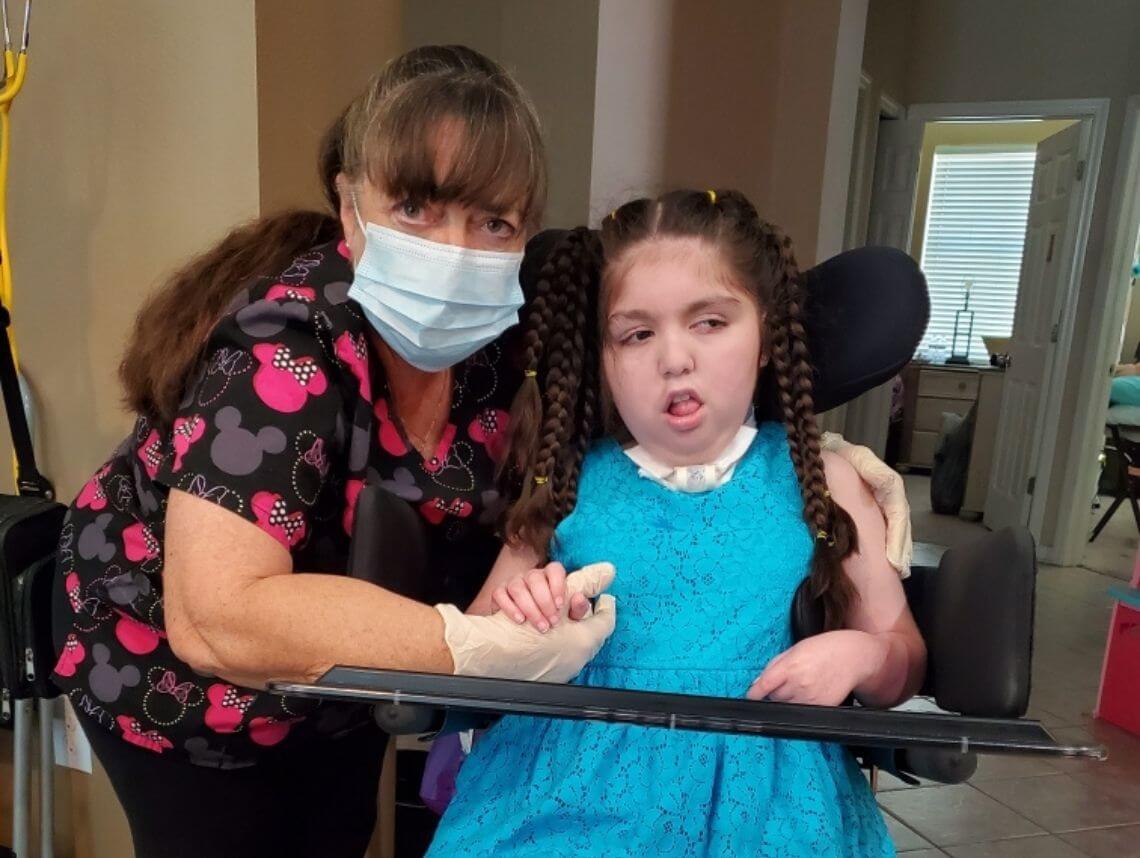
Careers in healthcare are a practical choice. There will always be a demand for them, and you get to earn a living by helping others and improving their quality of life. However, not everyone has the time, desire, or resources to become a doctor or a nurse practitioner. Fortunately, becoming a licensed practical nurse (LPN) provides a viable option for those who want to fast-track their career. But, what exactly does an LPN do on a daily basis? And, how do you become one in Florida?
What is an LPN?
An LPN is a healthcare professional who works as an assistant to a doctor and/or provides care under the supervision of a registered nurse. Specifically, you’d take care of basic nursing duties anywhere healthcare services are provided — such as a hospital, emergency room, doctor’s office, university clinic, residential care facilities, hospice, or patients’ homes.
Another benefit to having a myriad of settings in which to work as an LPN, is that the US Bureau of Labor Statistics projects that employment for licensed practical nurses is expected to grow 9% in the next decade — which is a much faster trend than for many other occupations. This is especially true as the Baby Boomer population ages. Keep in mind, however, that the position is becoming more prevalent in home healthcare and retirement communities.
What does an LPN do?
The duties of an LPN may vary depending on your employer. However, some of the responsibilities you can expect to do on a daily basis include:
- Taking vital signs
- Ensuring patient comfort
- Administering medications per physician’s orders
- Reporting the status of patients to doctors or nurses
- Dressing changes
- Feeding tubes
- Inserting and irrigating NG tubes and Foley catheters
- Ventilation and tracheostomy care
- Suctioning endotracheally
- Wound care
- One-on-one care in a home environment
- Patient education
How to Become an LPN in Florida
To become an LPN, you have to graduate from an accredited practical nursing program. You can apply for one at either a community college or technical school. The curriculum includes courses in nursing and science, and you have to complete a supervised clinical practice. Altogether, it usually takes about a year to complete all required credits. If you have to attend part-time, it may take between 18 months to two years. In order for the program to be accepted by the Florida Board of Nursing, it must be one of the following:
- A Florida-approved or accredited LPN education program
- An Accreditation Commission for Education in Nursing or Commission on Collegiate Nursing Education-accredited nursing program that has been issued an NCLEX code by NCSBN
- An LPN education program that is approved by the jurisdiction in which it is based and that has been issued an NCLEX code by the NCSBN
- A military LPN education program that has been issued an NCLEX code by NCSBN
- A non-NCSBN jurisdiction — such as Puerto Rico or an international nursing education program — that the Board determines to be equivalent to an approved program
Once you receive an LPN certification, you are required to take an examination known as the National Council Licensure Exam (NCLEX-PN). When you pass it, you then submit an application for an LPN license with the Florida Board of Nursing. When doing so, you must include the applicable fee, as well as schedule an appointment for Livescan electronic fingerprinting. An application specialist will review your documents and may request additional information. The review process can take between five and seven days, and you have to renew your license every two years. Once you are licensed, you can apply for jobs as an LPN.
If You’re Looking for A Career as an LPN, Contact Care Options for Kids for Home Health Care
If you’re a Licensed Practical Nurse and looking for career opportunities in a home health care setting, we’d love to hear from you. Visit our careers page, or contact us at (888) 592-5855.
